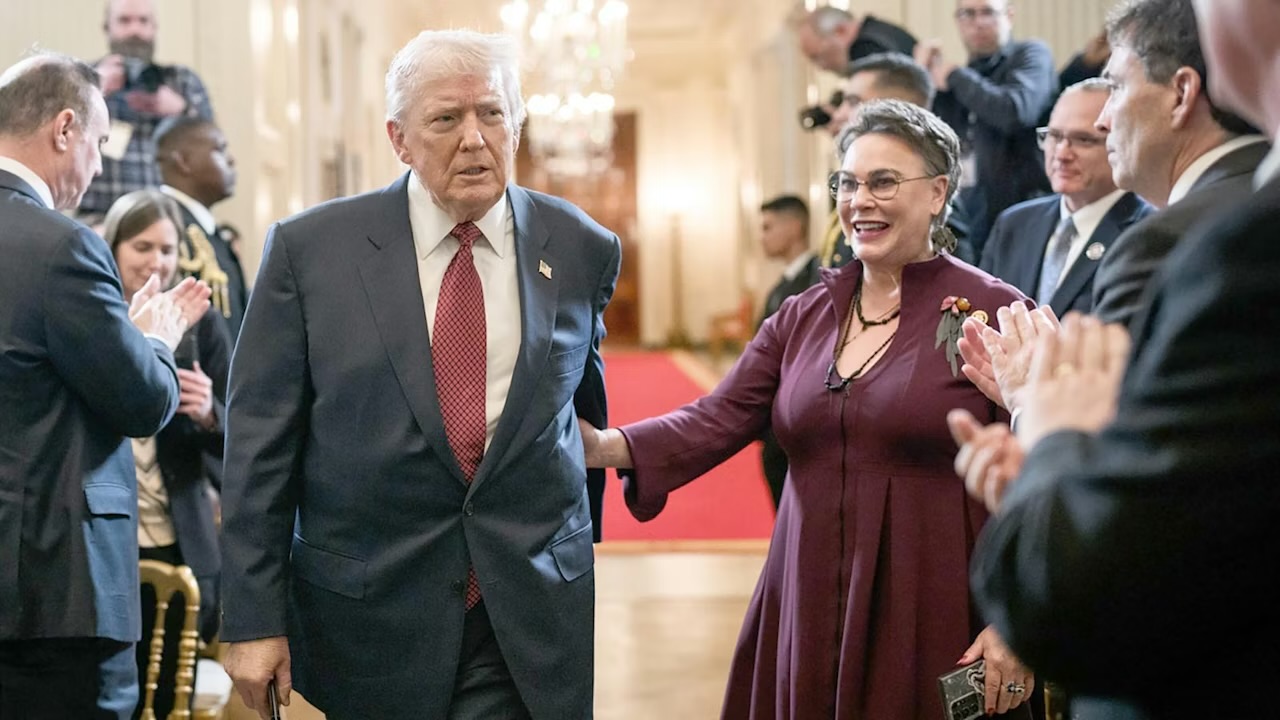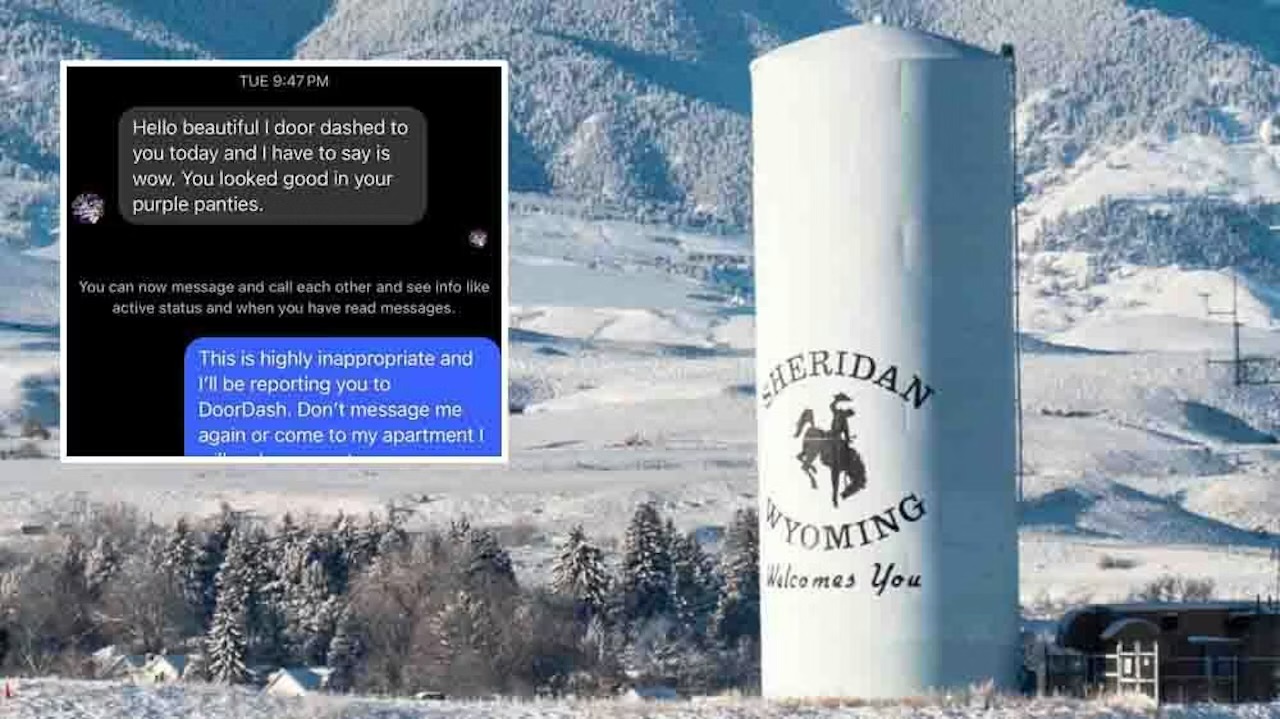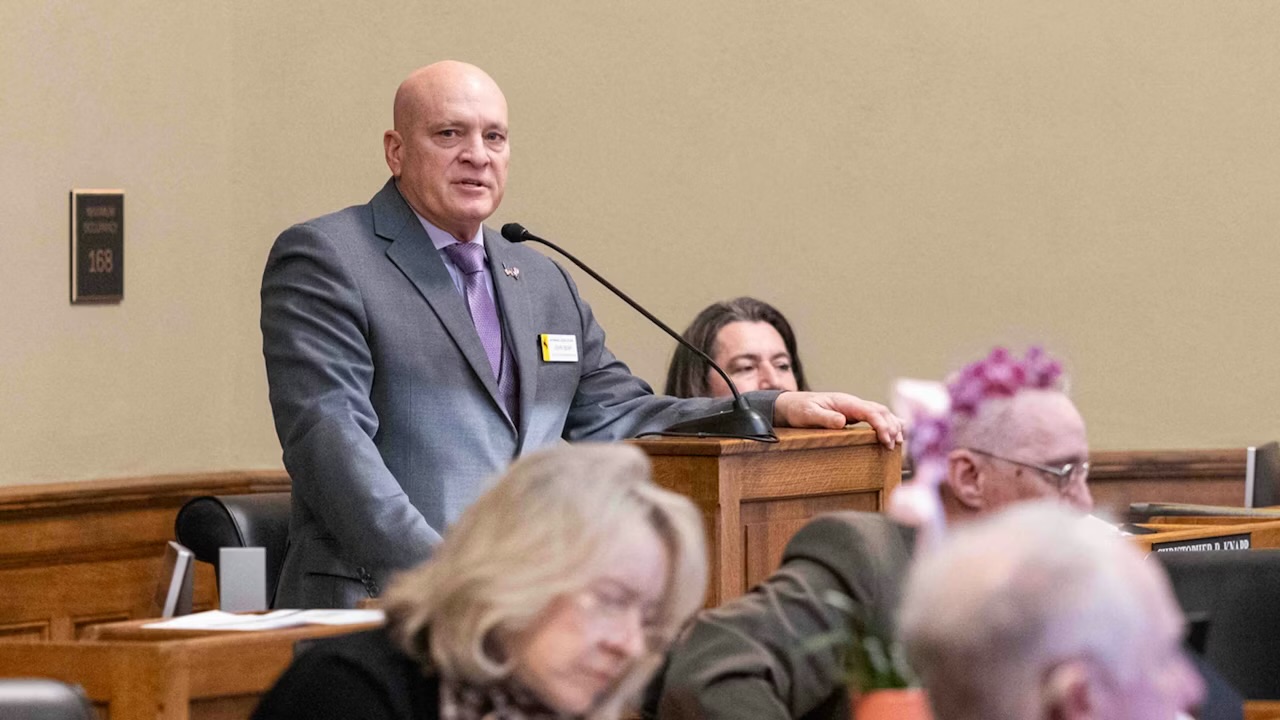A new experimental vaccine is showing early promise in preventing two of the deadliest cancers — and unlike cutting-edge personalized treatments, this one could be ready-made and widely available.
The shot, called ELI-002 2P, targets the KRAS mutation — a genetic glitch found in about 90% of pancreatic cancers and half of colorectal cancers. In a small early trial, it helped train the immune system to hunt down and destroy lingering cancer cells after standard treatments like surgery and chemo.
Why this matters: Pancreatic cancer is notoriously aggressive, and even after surgery, about 80% of tumors come back within five years. Once it recurs, options are limited.
“This was a trial all of us in oncology have been waiting for,” said Dr. Tracy Proverbs-Singh of Hackensack Meridian’s John Theurer Cancer Center. “After we finish chemo, there’s not a lot we can do — and we see these devastating recurrences.”
Researchers gave the vaccine to 25 high-risk patients who still had microscopic traces of cancer in their bodies.
- Half had no relapse by 16.3 months — a big improvement over historical averages.
- Median survival hit 9 months, which is longer than typically expected.
- The biggest wins were in patients whose immune systems mounted strong T-cell responses — 17 of the 25 patients hit that mark, and all were still alive at the 20-month follow-up.
Even among patients who relapsed, the vaccine seemed to buy time: six had delayed recurrences and were able to get further treatment.
Most buzz about cancer vaccines lately has been around personalized mRNA shots. This one is different: it’s not custom-made for each patient, which means it could be manufactured at scale and deployed more quickly.
“It’s a big shot in the arm for pancreatic cancer vaccines,” said Dr. Madappa Kundranda of Banner MD Anderson Cancer Center. “It’s been elusive to get something effective in the early stages.”
The fine print
- This was just a Phase 1 trial — small, early, and designed mainly to test safety and immune response.
- Eight patients didn’t develop a strong immune reaction, and researchers still don’t know why.
- A larger, more definitive trial is already underway, with results expected in 2026.
If future studies confirm the benefit, the shot could join a wave of new treatments that aim to move pancreatic cancer care away from heavy chemotherapy — similar to what’s happened in lung and breast cancer.
“We’re heading there,” said Dr. Zev Wainberg, co-director of UCLA’s GI Oncology Program and lead study author.
For now, it’s cautious optimism — but in a cancer type where good news is rare, that’s no small thing.
The original story by Tina Reed for Axios.










The latest news in your social feeds
Subscribe to our social media platforms to stay tuned